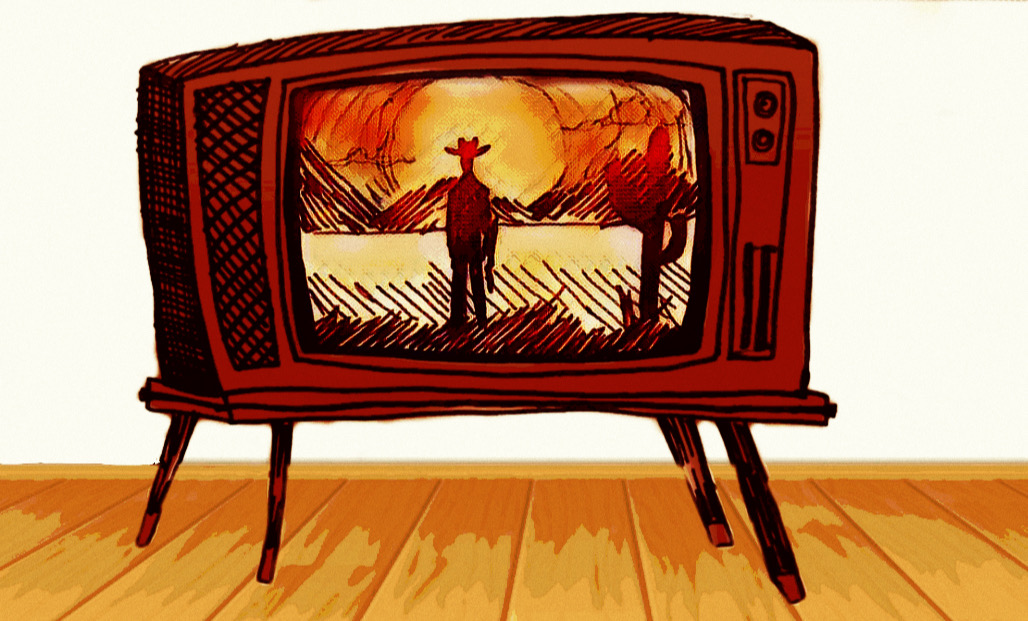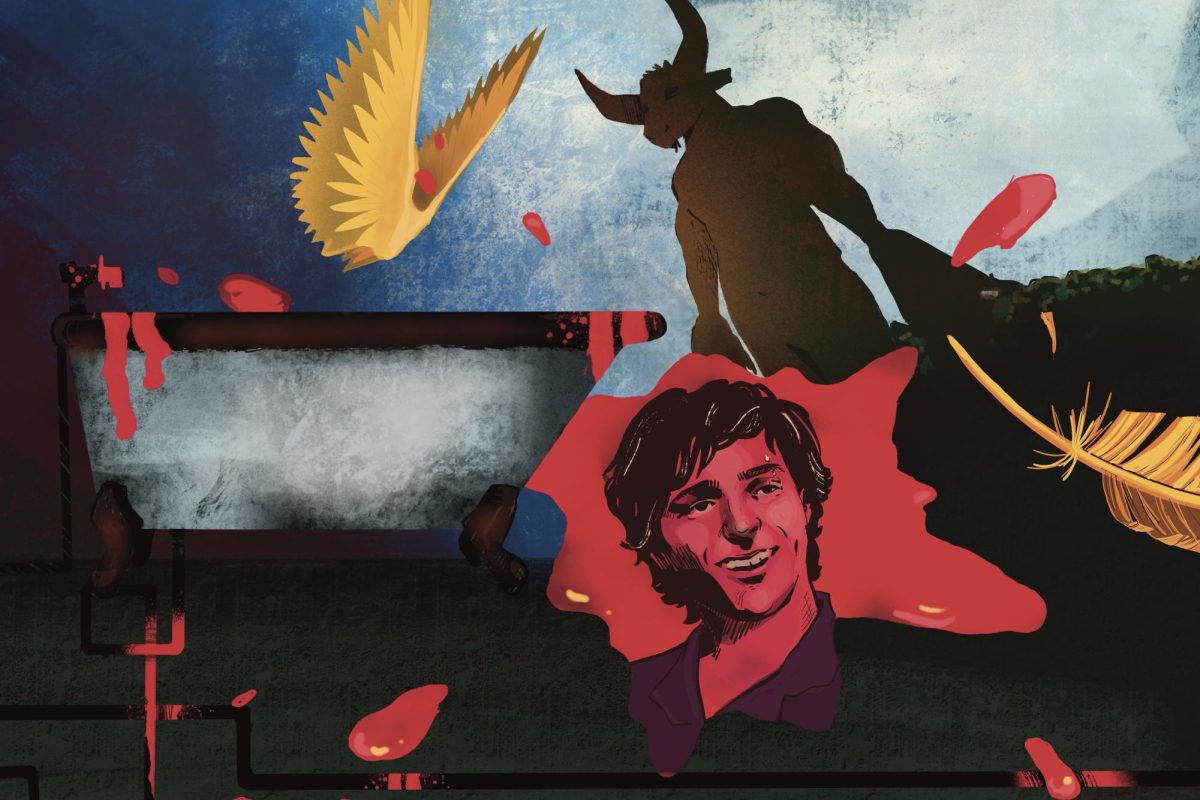I often compare music snobs to that friend of yours who gags at the sight of your entrée at a restaurant, simply because it is not his personal preference. First of all, liver and onions is grossly underrated, and second, who cares what he thinks? He doesn’t have to digest it.
Likewise, a minion of Music Snobbery will push his gospel on you with the force of a missionary pushing in colonial Africa.
It has been fashionable as of late to write off contemporary music (especially the Rock & Roll genre) as uninventive, regurgitated mimicry. While I don’t entirely disagree with this faddy philosophy, it is the Music Snob-that denomination of human beings that takes tunes entirely too seriously-who contrives and propels such an elitist view.
The incredibly eclectic music scene in Burlington is home to some of the most talented artists left of the limelight. Every type of music, even genres that are yet to be invented, make their notes heard in this town.
So why, in such a musically open-minded town, do I feel like I’m in a bad version of High Fidelity? It’s as if an army of John Cusacks is hovering over me in every record store I visit.
Apparently, the past is where to find acceptance in the present. Throwback jerseys and vintage t-shirts have become a mainstay in youth culture, and it has never been cooler not to know the words of a popular song that gets radio-play.
Why?
Well, if a song is on the radio, it is looked upon as accepted by mainstream culture-the ultimate antithesis to this prevalent retro subculture-no matter the musical content of the song. Also, there is some truth in old music being better than the new, but does that discount all new music?
I was prompted to write this article in response to conversations I’ve had around town, and what has become a theme of discussion lately in The Cynic. It goes out to any one who has commented on an artist not by virtue of their own opinion, but how someone else will regard you.
Did you buy that new album because of its musical content, or because it will surely impress anyone who sees it, especially next to that trite college poster about marijuana’s contribution to the snack food industry?
It goes out to the people who refuse to admit ever listening to Dave Matthews Band regardless if the band’s virtual domination over American youths in the Nineties; to the people who have called Jay-Z a sellout with no lyrical content (“Motherfuckers say that I’m foolish, I only talk about jewels/ Do you fools listen to music or do you just skim through it?”) Insightful content is there, and you don’t have to look too hard.
I even talked to someone who contended, citing the gross of his assets, that Bob Marley sold out.
Is capitalism possible from the grave?
It seems that it is artists like these who bare the brunt of denigration, especially in a supposedly open-minded place like Burlington that is consumed with the anti-establishment culture which is opposed by the media via its intrinsic ties to the mainstream.
I am not saying by any means that there isn’t a plethora of popular crap out there, because there is. But media acceptance can often mean the deterioration of a decent musician’s fan base, which should not be the case, especially in the realm of such a liberally-inclined place as B-town.
I blame the music snobs-those wretched elitists who scoff at any popular artist because of media attention; those clingers to the golden years of Rock & Roll that are the 1950’s through the Seventies. (My contention is that the golden years finally lost their grasp in the mid-Seventies and early Eighties with Disco’s popularity, Lennon’s death, the disbandment of Wings and The Eagles, and the conception of Uncle Kracker.)
The fact is no piece of art is produced in a vacuum. Rather, every note produced in this modern era of music harbors some sort of influence from past musicians, weather a conscious decision or not.
Admittedly, the densely creative music of the past is richer than today, but it’s not as if there’s been a total halt of creative integrity in music.
Come on. This is Academia. In history classes we learn that the past repeats itself and in English classes we learn that one canon influences a later one.
Is this not true of music?
Emily May made a good point in her op-ed piece last week when she wrote, “Dylan himself set out to emulate Woody Guthrie, and was even dismissed by many as a mere Guthrie imitation early in his career.” What a poser that Bob Dylan turned out to be.
Dylan saw an idol in Woody Guthrie-someone to look up to. Bands today, such as the popularly-targeted Strokes, have idols too. As musicians, they admire bands like Television and, I believe, respect them enough to be influenced by them without regurgitating their sound. It’s up to the listener to decide.
A music snob will tell you otherwise. Citing some factor completely unrelated to the band’s sound such as excessive media coverage, a music snob might call a band that like the Strokes, which receives ample coverage, “a puppet to the man” or “nameless losers” and will regard and propagate their own opinion as a universal fact.
To them I’ll quote the sagacious Homer Simpson in saying, “go back to your shanty towns.”
Look. Burlington is filled with good musicians and the amount and quality are only ballooning. Every one is entitled to their own opinion, but don’t let that opinion be based on anything but the content of music. While new music may be faltering, there is no shortage of creativity-perhaps just an all-too-sensible reversion to sentimental whiney music.
As for the media, they cover certain bands in reaction to their popular following. Are you going to let some faceless institution dictate your tastes? Let your ears decide.
















